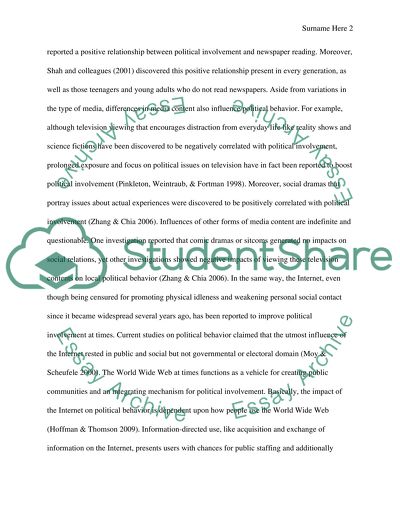Cite this document
(“To what Extend do Mass Media Influence our Political Behavior Term Paper”, n.d.)
To what Extend do Mass Media Influence our Political Behavior Term Paper. Retrieved from https://studentshare.org/sociology/1436564-to-what-extend-do-mass-media-influence-our
To what Extend do Mass Media Influence our Political Behavior Term Paper. Retrieved from https://studentshare.org/sociology/1436564-to-what-extend-do-mass-media-influence-our
(To What Extend Do Mass Media Influence Our Political Behavior Term Paper)
To What Extend Do Mass Media Influence Our Political Behavior Term Paper. https://studentshare.org/sociology/1436564-to-what-extend-do-mass-media-influence-our.
To What Extend Do Mass Media Influence Our Political Behavior Term Paper. https://studentshare.org/sociology/1436564-to-what-extend-do-mass-media-influence-our.
“To What Extend Do Mass Media Influence Our Political Behavior Term Paper”, n.d. https://studentshare.org/sociology/1436564-to-what-extend-do-mass-media-influence-our.


